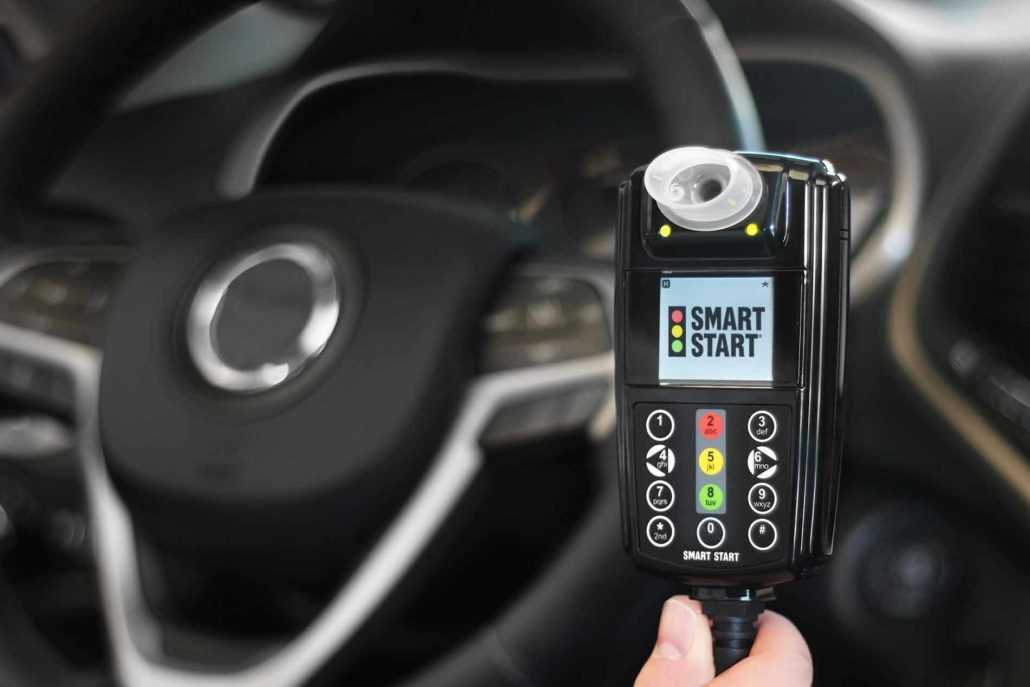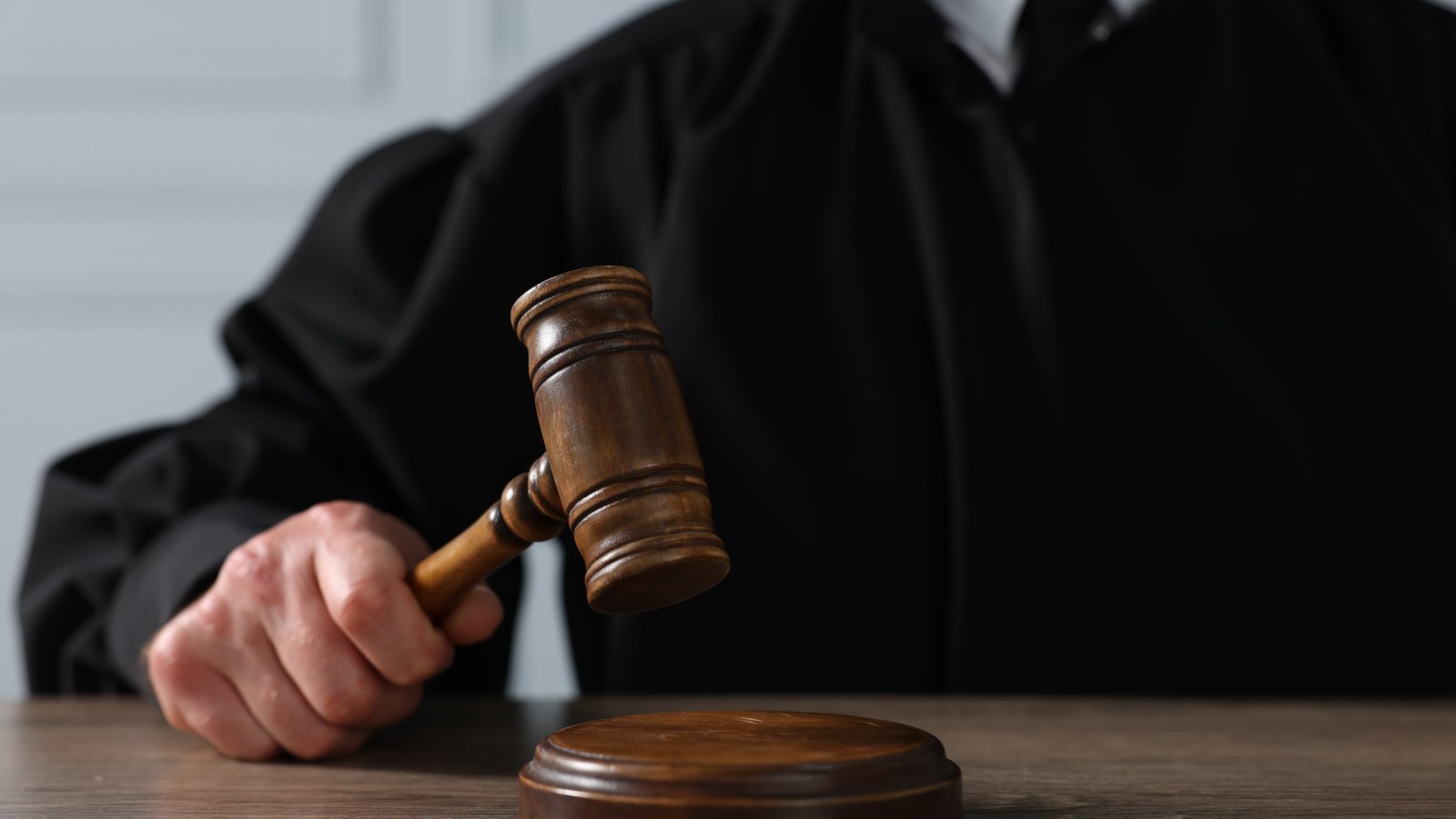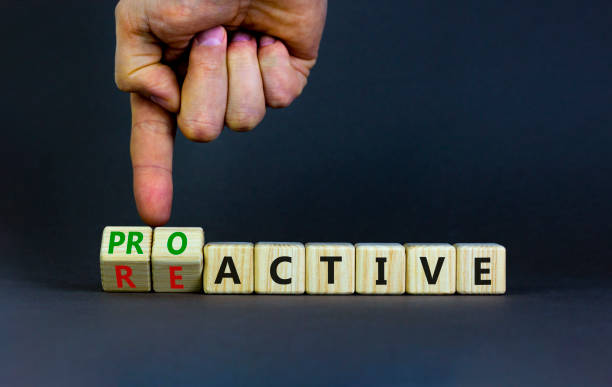So, you’ve been sentenced to DWI probation, or maybe you’re still in the court process and wondering what probation really means for your daily life. You’re not alone. Thousands of people across the country—many of them first-time offenders—find themselves in your shoes each year, facing a confusing maze of rules, restrictions, and what feels like constant court oversight.
The good news? DWI probation isn’t the end of the world. In fact, for many, it’s a second chance. It gives you the opportunity to avoid jail time while proving you can stay out of trouble. But and this is important—it’s also full of traps if you don’t know what you’re doing.
This guide is designed to walk you through every step of DWI probation, from what it includes, to what options you have, to how real people have successfully completed it and moved on with their lives. We’ll talk in plain English, cut through legal jargon, and give you insights based on real outcomes. By the time you’re done reading, you’ll know how to tackle DWI probation head-on.

What Exactly Is DWI Probation?
Let’s start with the basics. DWI probation is a court-ordered period where you agree to follow specific rules instead of serving a full jail sentence. It’s a conditional agreement—violate it, and the court can send you straight to jail. Complete it successfully, and in some cases, you might even avoid having a full conviction on your record.
Typical probation terms include:
- Reporting to a probation officer regularly
- Completing alcohol or substance abuse treatment
- Submitting to random drug and alcohol testing
- Attending DWI education or repeat offender classes
- Paying fines, court costs, and restitution
- Completing community service
- Installing anignition interlock device

It sounds like a lot—and it can be. But each of these conditions serves a purpose in the court’s eyes: helping you avoid repeat behavior and keeping the community safe.
For example, take Luis, a 33-year-old mechanic in Dallas. He was sentenced to one year of DWI probation after blowing a 0.13 on his first offense. Initially, he was overwhelmed, especially by the thought of regular testing and reporting. But with structure, a great attorney, and some personal accountability, he not only completed probation but also got his charge sealed later.
How Long Does DWI Probation Last?
That depends on a few factors: the severity of your offense, your criminal record, and the judge’s discretion. In general:
- First-time DWI: 6 months to 2 years of probation
- Second DWI: Up to 2 years, possibly longer if there’s a prior within five years
- Felony DWI (third offense or DWI with injury): Up to 10 years of probation
You’ll typically be required to report to your probation officer monthly (or more frequently), follow strict curfews, and get approval for out-of-county travel.
In Texas, courts tend to be firm but fair. Judges will often reduce reporting frequency or relax conditions over time—if you’ve proven you’re in compliance.
Can You Avoid Jail Time with DWI Probation?
Yes—DWI probation is often used as an alternative to jail. But don’t assume probation means zero jail time. Some judges still impose what’s called “shock probation,” where you spend a few days or weeks in jail before your probation begins. This brief incarceration is meant to reinforce the seriousness of the offense without imposing a full sentence.
In some cases, judges may also order jail time as a condition of probation, especially if there are aggravating factors like a high BAC or a minor in the vehicle. Even so, avoiding a full-term sentence is often seen as a win by both clients and attorneys.
In certain cases, you can even receive a suspended sentence, where the jail time is waived entirely if you follow probation terms to the letter. This gives defendants a strong incentive to stay on track and avoid new legal trouble during their probation period.
The possibility of avoiding jail often hinges on the strength of your legal representation and how the judge views your remorse and cooperation. That’s why showing up prepared—with a solid lawyer and a good attitude—can go a long way.
Take Brittany, for example. After a minor accident led to her first DWI charge, she was terrified of going to jail. Her attorney worked with prosecutors and got her into a deferred adjudication program—a form of DWI probation that avoided a conviction and jail entirely. It wasn’t easy, but it kept her record clean.
She followed every requirement down to the letter, including treatment, community service, and monthly check-ins. Two years later, she was able to seal her record and move forward without the DWI hanging over her head.
What Happens If You Violate DWI Probation?
Here’s the short answer: nothing good. Violations are taken seriously and can undo the leniency the court originally granted you in exchange for staying out of jail.
Violating DWI probation can trigger a revocation hearing, where the court will decide if your probation should be modified, extended, or revoked completely. In the worst-case scenario, you’ll serve the original jail sentence. Even minor violations can lead to added conditions or increased supervision, making your life even harder.
Common violations include:
- Missing probation meetings
- Failing drug or alcohol tests
- Getting arrested for another offense
- Failing to complete required classes or treatment
- Not paying fines or fees
Even a single misstep—like showing up late to a required appointment—can trigger a warning or formal violation notice. Courts expect strict compliance, and most violations are automatically reported by your probation officer.
Judges often look at whether the violation was a one-time mistake or part of a pattern. Honest communication with your probation officer can sometimes prevent a violation from escalating. Showing proactive behavior, like enrolling in a class or asking for help, can also influence how the court handles your situation.

Can You Get Early Release from DWI Probation?
In many states, including Texas, you can request early termination of DWI probation—but it’s not guaranteed. Judges typically consider whether you’ve shown consistent good behavior and completed all legal obligations without issues.
Judges typically consider:
- Whether all conditions have been met
- Your compliance record with probation
- Time already served on probation
- No new arrests or violations
Some courts have a policy requiring a certain percentage of probation to be completed before early release is even considered. Others look more at behavior and whether rehabilitation appears sincere and successful.
You’ll usually need your attorney to file a formal motion for early release, and some courts require a hearing. During that hearing, the judge may ask questions or want supporting documents proving your progress, such as attendance records, receipts, or certificates of completion.
For example, Marcus, a 45-year-old contractor from Houston, completed all probation terms within nine months. His lawyer petitioned the court, and the judge agreed to end probation early—saving him hundreds in supervision fees and restoring his full rights. He said the early release gave him back control of his life and allowed him to move forward with confidence.
Options If You’re Struggling with DWI Probation
Let’s face it—DWI probation isn’t always smooth sailing. Life happens. People lose jobs, miss a test date, or fall behind on community service. If you’re starting to feel like you’re drowning in conditions, don’t ignore the problem. Letting issues pile up is the fastest way to trigger a violation and risk jail time.
Many people feel ashamed or overwhelmed and just stop showing up—but that’s the worst move you can make. The system allows for flexibility if you’re willing to be honest and take steps to fix the situation.
Here are some options:
Talk to your probation officer: Be honest. They may offer a plan or recommend court-approved extensions. Probation officers aren’t your enemy—many would rather help you succeed than file a violation report.
Request a modification: Your attorney can ask the court to change terms—especially for travel, curfews, or reporting frequency. Modifications are often granted for job changes, family responsibilities, or medical issues.
Explore financial hardship relief: If you can’t afford fees or interlock costs, you may qualify for a payment plan or reduction. Courts can lower monthly supervision fees, waive certain costs, or refer you to support programs.
Staying proactive is key. Courts are far more lenient with people who take responsibility early rather than waiting until violations stack up. Showing initiative signals to the court that you respect the terms and want to follow through, even when life gets complicated.

Can DWI Probation Help You Seal or Expunge Your Record?
This depends on the state, the charge, and whether the sentence was served as deferred adjudication. In Texas, standard DWI probation typically results in a conviction, which cannot be expunged. However, if you received deferred adjudication and completed all terms, you may be eligible to seal your record. That can make a huge difference when applying for jobs, housing, or professional licenses.
In some states, even misdemeanor DWI convictions may be eligible for non-disclosure after a waiting period, provided you meet all probation requirements. But timing and eligibility rules vary, so it’s critical to understand your state’s laws or consult with a qualified attorney.
That’s why choosing the right attorney—and negotiating for the right type of probation—matters from the start. A well-crafted plea deal today could save you years of explaining a conviction later. The goal isn’t just to avoid jail—it’s to preserve your future.


